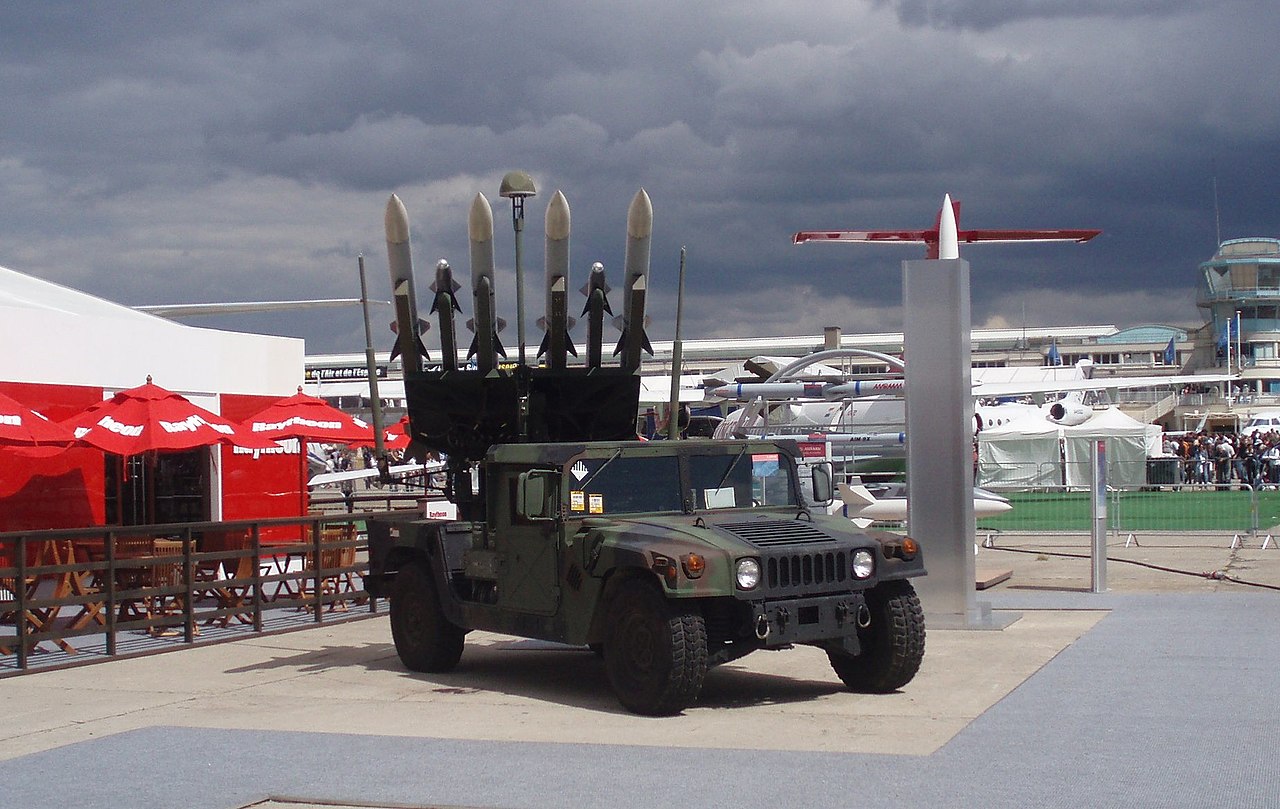Great Arab Jamahiriya |
الجماهيرية العربية العظمى |
Motto: "Waḥdah, Ḥurrīyah, Ishtirākīyah" "Unity, Freedom, Socialism" |
Anthem: Walla Zaman Ya Selahy |
| Capital and largest city: Cairo |
| Official and national language: Arabic |
| Recognized minority languages: Various Arab dialects, Greek, Hebrew, Yiddish, Coptic, Romani, Serbo-Croatian, German, Italian, French, Russian, English, Circassian languages, dozens of various minority/endangered languages |
| Ethnic groups: 73.9% Arab 22.2% Non-Arab White - 7.4% Jewish - 5.0% Greek - 3.0% Kurdish - 2.6% Bosniak - 1.3% French - 1.0% Italian - 0.5% Circassians - 0.5% German - 0.4% Serbian - 0.2% Croatians - 0.3% Other 3.6% Romani 0.3% Other |
| Religion: 70% Islam - 61% Sunni Muslim - 6.8% Shiite Muslim - 2.2% Ibadi Muslim 17.6% Christianity - 8.7% Coptic Christian - 6.5% Orthodox Christian - 2.0% Catholic Christian - 0.4% Protestant Christian 7.4% Judaism 5% Non-Religious and Others |
| Demonym: Arab |
| Government: Federal presidential republic under one party rule President: Bashar al-Assad Prime Minister: Hamid Abdallah |
| Legislature: National Assembly - Upper house: Senate - Lower house: Chamber of Representatives |
| Area: 989,137 km2 |
| Population: 161,630,000 - Density: 163/km2 |
| GDP (nominal): $3.46 trillion - Per Capita: $21,408 |
| Currency: Arab Dinar (AJD) |
The Greek lands of Crete, Rhodes and Cyprus had been incorporated into royal Egyptian sovereignty during Muhammad Ali's campaigns against the Turks and Greek rebels in the early-to-mid 19th century. During the slow collapse of the Ottoman Empire at the hands of encroaching Balkan nationalism and Great Power pressure the Egyptian monarchy was able to resist demands by the British, French and Russians to relinquish their hold on the Eastern Mediterranean Islands, under the condition that the Egyptian King revoke the Ottoman Sultan's suzerainty and allow Egypt to become a British protectorate. Following the First World War and the Franco-British betrayal of the Arab world, anti-colonialist movements began to grow stronger in the region, most notably in the Levant and Egypt. In Syria this lead to the rise of the Arab socialist Ba'athist movement, which would lay the groundwork for the ideology of Pan-Arabism that would soon define the region.
Egypt would manage to acquire formal independence from the United Kingdom, though the British would maintain the Suez Canal, shortly after the First World War, while Syria would attain a degree of autonomy from French rule in 1930. As the Second World War drew to a close, military leadership in both Egypt and Syria recognized the horrors perpetrated against the Jewish people, a fellow Semitic people, and sought to welcome Jewish refugees from Europe to the Levant and Nile, however as word began to spread that the British and Americans had conspired to create an independent Jewish state in the majority Arab region of Palestine, the Egyptian and Syrian armies decided they had a better idea. In 1946 Egyptian and Syrian armies moved into Transjordan and Palestine. The British forces there tried to resist but were inevitably outnumbered. A ceasefire was signed three months later and Jordan and Palestine were split between a Syrian and Egyptian zone of control, marking the beginning of a vital partnership between the two Arab states that would soon play a prominent role. Jewish refugees from Europe were welcomed with open arms to Egypt, Syria and their occupied territories either side of the Jordan river and were given full rights and protections afforded to the citizens of the two countries, however both nations openly declared opposition to Zionist ideals of an independent Jewish state. Following the war, numerous wealthy and educated Jewish scientists, artisans, businessmen, etc. would migrate to the region and would begin to foster a minor economic revolution in both Egypt and Syria, as they established and lead centers of learning as well as important research, development and production facilities, which would lend themselves to both the civilian and military economies of the two Arab states. Hundreds of thousands of other immigrants from Europe of all nationalities would likewise flood into the slowly booming Middle Eastern economies, which presented a close, safe environment filled with economic opportunity in the newly divided world, away from the ever tenser climate in Europe. As such Egypt and Syria would become some of the most diverse nations in the region, which the Jamahiriya remains to this day.
The political origins of the Jamahiriya stem to the 1952 Egyptian Revolution lead by Gamal Abdel Nasser's Free Officers Movement, who overthrew the millennia old Egyptian feudal monarchic system of government and established the Republic of Egypt in 1953, bringing Egypt back under Arab rule for the first time since the Muslim conquests. Nasser would become the figurehead of the new Egyptian government and the spiritual leader of the emerging Pan-Arab movement, however he would not live to become Egypt's political leader, as he would tragically fall at the hands of Mahmoud Abdel-Latif, a Muslim Brotherhood member, who assassinated him on October 26th, 1954, right in the midst of his power struggle with then-President Mohammed Naguib. Nasser's violent and early demise would cement him as the symbol of Arab resistance against feudalist and imperialist hierarchy that had victimized them for thousands of years, however simultaneously allowed for more moderate elements within the Pan-Arab circle to take the lead. Most notably this would lead to a failure to reacquire the Suez Canal, as Nasser had advocated a much more direct and unilateral approach in removing the British occupiers.
In 1956 President Naguib announced a new constitution which transitioned the Republic from a parliamentary to a presidential system, with the Prime Minister assuming a much more internally focused role, merely coordinating the cabinet, while the President appoints, dismisses and dictates policy. The official reasoning for this change was that the parliamentary system of the so-called "First Republic" was merely a continuation of the system established by the farcical 1922 Constitution which merely legitimized the corrupt monarchy by creating a parliamentary government they could use as a scapegoat. Presidential democracy, with a powerful, centralized authority, was seen as the only true way a third world nation could be guided to its destiny. In July 1956 Naguib began the first of many failed attempts to negotiate a return of the Suez Canal to Egyptian rule. In 1958 he accepted a union proposed by the government of the Second Syrian Republic to form a united Arab state, to mark the beginning of the Pan-Arab experiment, which was now officially favored by both national governments. Thus on February 22nd, 1958, the United Arab Republic was officially proclaimed as the first ever Pan-Arab state. The military administrations in Palestine and Jordan were annexed into the Republic a month later.
The United Arab Republic was initially governed by a moderate conservative coalition of the National Union, the party formed out of the Free Officers' Movement in Egypt, and the National Party, a conservative party which had ruled the Second Syrian Republic, however for all the good which Naguib had achieved internally, first in Egypt and after the union in Syria - land redistribution, expulsion of foreign vulture capital, end of feudalism, expansion of healthcare and education, secularization of government and education, and the list goes on - it would be his compromising, cool-headed approach to foreign policy which would eventually bring his fall from grace. Only five months after the formation of the United Arab Republic, Naguib would be tested on the world stage, as supporters of the Nasserite movement and other Pan-Arabic groups attempted to overthrow the Lebanese government in a brief but bloody civil war between July and October of 1958. Naguib's failure to act on the crisis, even as the United States deployed forces in support of the government in Beirut, damaged his reputation heavily. Three years later, on New Years' Eve of 1961, the Syrian Social Nationalist Party in Lebanon, an irredentist group, aligned loosely with the social nationalism of the Syrian Ba'athists, attempted a coup d'etat with help from loyalists in the Lebanese military with the aim of unifying Lebanon with Syria, and in turn, the United Arab Republic. Naguib again failed to act, and as the SSNP and Ba'athist loyalists were expelled from Lebanon into Syria and Palestine, support for more radical voices in the UAR political sphere began to climb drastically. In 1962 Naguib's first term as President under the 1956 Constitution expired and in spite of his domestic successes, his weakness in foreign policy cemented his demise, as he was ousted from the leadership of the National Union in that years' elections in favor of Nasser's former right-hand man, Anwar Sadat, who declared an end to the moderate and weak National Union, and replaced it with the National Democratic Party, which was to return the Republic to Nasser's vision of grandeur - in line with this change he terminated the coalition with Syria's National Party. A few months later, in March 1963, a group of Syrian military officers, supported by the General Intelligence Service under Sadat's orders, staged a coup in the Syrian Republic, removing the National Party from their position at the head of the UAR's second largest member state, and replaced them with the Arab Socialist Ba'ath Party under leadership of Lu'ay al-Atassi, a hero of the Liberation of Palestine who became Sadat's Prime Minister. A coalition between the NDP and Ba'ath Party would be declared in April of the same year. In May of 1963, the United Arab Republic invaded Lebanon.
Sadat's subjugation of Lebanon sent shockwaves throughout the region. What had previously been seen as a slowly dying Pan-Arab experiment now took on a whole new life and Sadat began to assume a role similar to that which Nasser had held prior to his unfortunate and untimely death. Prior to the invasion, Sadat had directed the General Intelligence Service to spread pro-Nasserite propaganda in Lebanon, which turned out to be an easier feat than expected, as the population of Lebanon held high sympathies for the Pan-Arab movement. UAR soldiers and the SSNP and Ba'athist exiles alongside them were welcomed as heroes by a large portion of the population, and what was initially an invasion soon devolved into a civil war, between the majority of the population who supported joining the Republic and the minority elites who were aligned closer with the West and wished to maintain Lebanese independence under US and UK protection. The mountainous terrain of the small Arab nation would lead to a prolonging of the conflict, which would drag on until December, but eventually the pro-Government forces would be defeated. On New Years' Day, 1963, a week after a ceasefire had been declared, and exactly two years after the failed SSNP coup, Sadat and Atassi personally lead the UAR convoy as they entered an emptied Beirut. On Beirut's Marytrs' Square, Sadat declared the end of the United Arab Republic, and the formation of a new Great Arab Jamahiriya.
Sadat would continue to successfully lead Arab foreign policy, while Atassi and later his successor, Hafez al-Assad, would lead domestic policy. The 1960s, 70s and 80s would be a period of rapid economic growth, fueled by a mix of state and private run capitalist economics resembling the dirigisme adopted by the French Republic. Atassi and later Assad would continue the land reforms begun under Naguib in the 50s. Desalinization and irrigation technologies, developed largely at the Technion Institute of Technology, would enable a massive expansion in the nation's agricultural sector. In 1970 the Aswan Dam was officially opened, and the newly formed lake was named in honor of Gamal Abdel Nasser. Sadat would become a founding member of the Non-Aligned Movement and through a careful balancing act between East and West he would maintain a high presence for the Jamahiriya on the world stage through the Cold War, however his legacy too would be marred by a failure to reacquire the Suez Canal, as he feared disturbing the growing power of NATO. He would cast blame for his, and his successor's, inability to reclaim the canal on Naguib for the rest of his life, stating that Naguib had allowed the Westerners to consolidate long enough to oppose any unilateral attempt at retaking the Suez.
Sadat would withdraw from the Presidency in 1980 after three terms as President of the Jamahiriya and was succeeded at the head of the party by his second Prime Minister Hafez al-Assad. As the first Syrian leader of the Jamahiriya, Assad announced the unification of the National Democratic Party of Egypt and the Arab Socialist Ba'ath Party of Syria into the National Democratic Ba'ath Party, a singular, Pan-Arab, Arab socialist party to rule the nation. Hafez oversaw rapid economic growth in the 1980s. Egypt and Syria experienced a re-industrialization as he encouraged Western companies seeking better business and workforce conditions to move production to the Jamahriya. Through this he managed to boost the nation's production capacity and in the 1990s began progressively asserting more government control over industrial facilities established by Western companies, to prevent the country becoming an economic vassal state. After his death in 2000, he was succeeded by his son, Bashar al-Assad, previously a Senator from Syria in the National Assembly, who continued his father's economic plan and over the course of the 2000s effectively all foreign industrial sites were brought under government control, and then from government control transferred them to at least partial private ownership within the borders of the Jamahiriya, creating a powerful domestic industrial base, built at the expense of foreigners. Of course, as good as this was for the Arab economy, it has soured relations with the Western states. The Assad Era of the past forty years has also been one of relative foreign policy stagnation, with no large scale attempts to expand the Jamahiriya, as Hafez believed the economy of the heartland must be consolidated before the unification of the Arab world can be pursued.






































